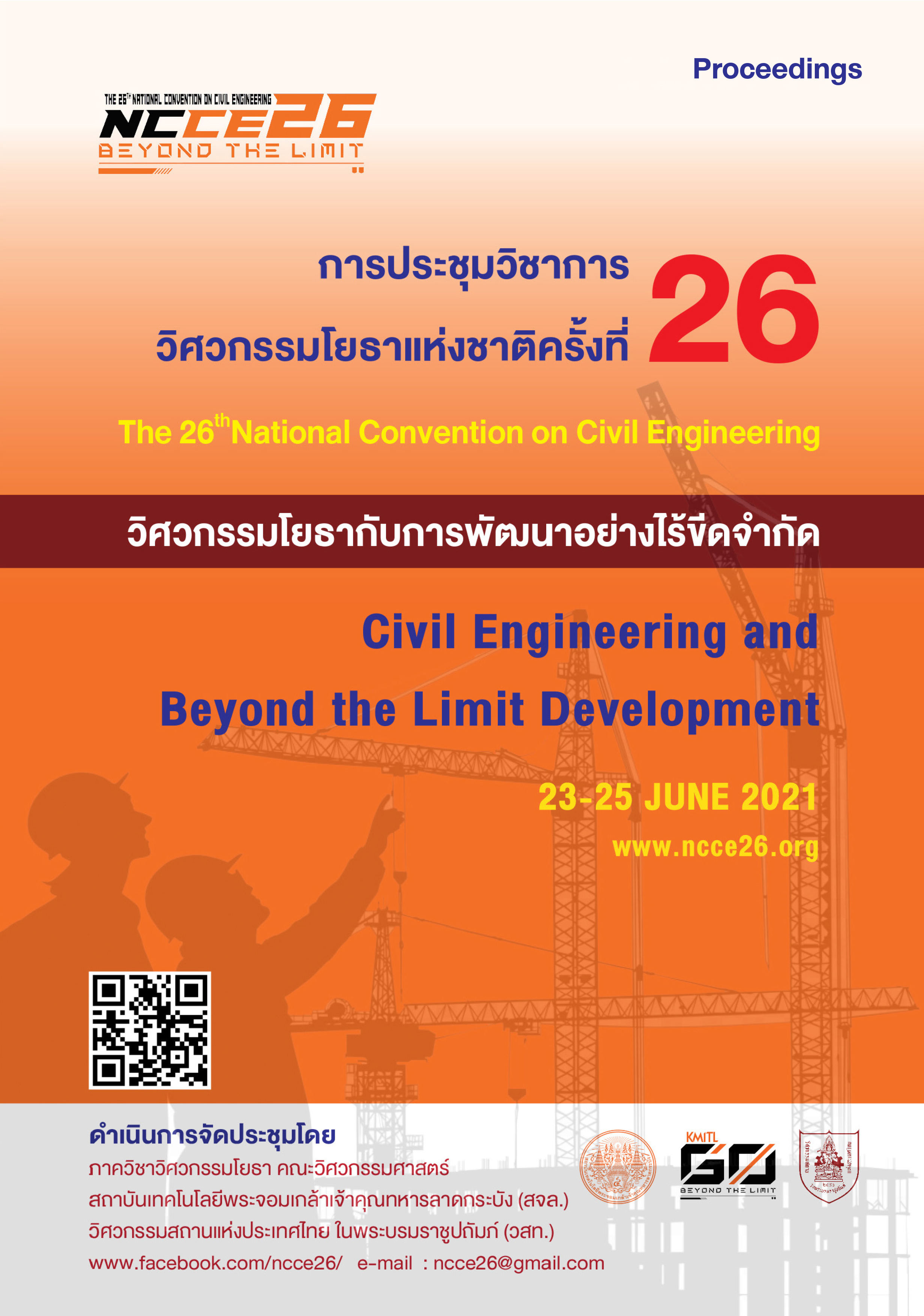DEVELOPMENT OF PHYSICAL COMPATIBILITY INDEX FOR E-SCOOTER RIDING ON URBAN ROADS
Keywords:
Electric scooter (e-scooter), Physical compatibility index, Ordered logistic regression modelAbstract
This thesis studies how physical characteristics on roadways and sidewalks affects e-scooter riding in Bangkok Metropolitan Area. Currently, e-scooters have gained popularity with higher e-scooter volumes and resulted in higher traffic accidents. However, there is no definite regulations in Thailand regarding this mode. This study requested 30 e-scooter riders as volunteers to evaluate their rides on 54 pre-selected sections with different physical characteristics. Each were asked to evaluate the riding section in terms of their riding comfort, speed, safety, and overall satisfaction. Then, the survey data were analyzed through the ordered logistics regression models for roadways and sidewalks, separately. For roadways, the primary factors relate to comfort are surface condition, exclusive bike lane, paved road. The ones relate to speed are surface condition, exclusive bike lane, paved road and straight alignment. In addition, ones relate to safety are exclusive bike lane, paved road, traffic speeds and volumes. For sidewalks, the primary factors are similar to ones for roadways with the addition of net sidewalk width and external disturbance. However, in both cases, safety is the primary concern and highly relates to overall e-scooter riding satisfaction. This study can be applied as a guideline for related organizations to design and improve existing roadways and sidewalks as well as select routes and draw maps for e-scooter riding in local community.
Downloads
Downloads
Published
How to Cite
Issue
Section
Categories
License
บทความทั้งหมดที่ได้รับการคัดเลือกให้นำเสนอผลงานในการประชุมวิชาการวิศวกรรมโยธาแห่งชาติ ครั้งที่ 26 นี้ เป็นลิขสิทธิ์ของ วิศวกรรมสถานแห่งประเทศไทย ในพระบรมราชูปถัมภ์



